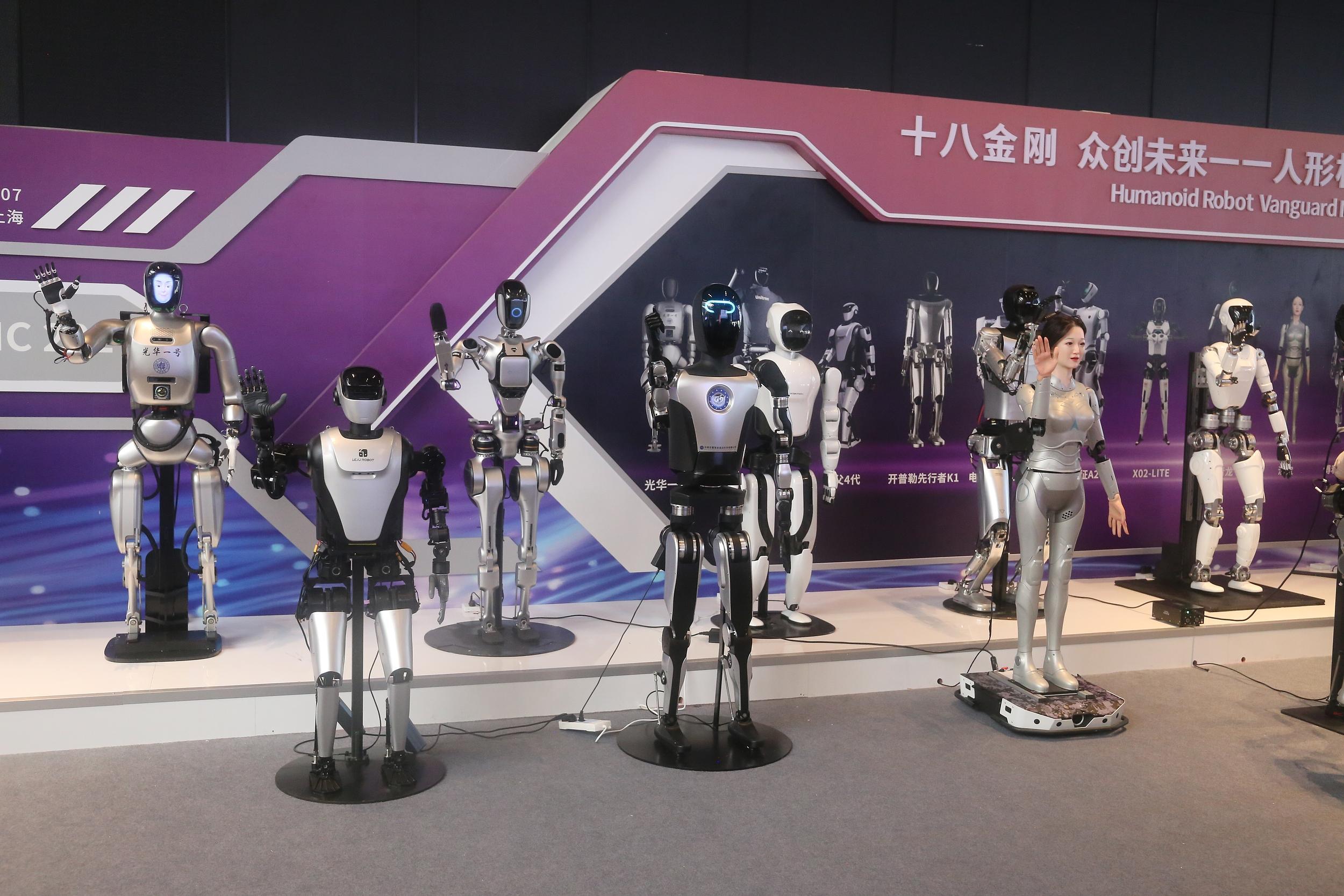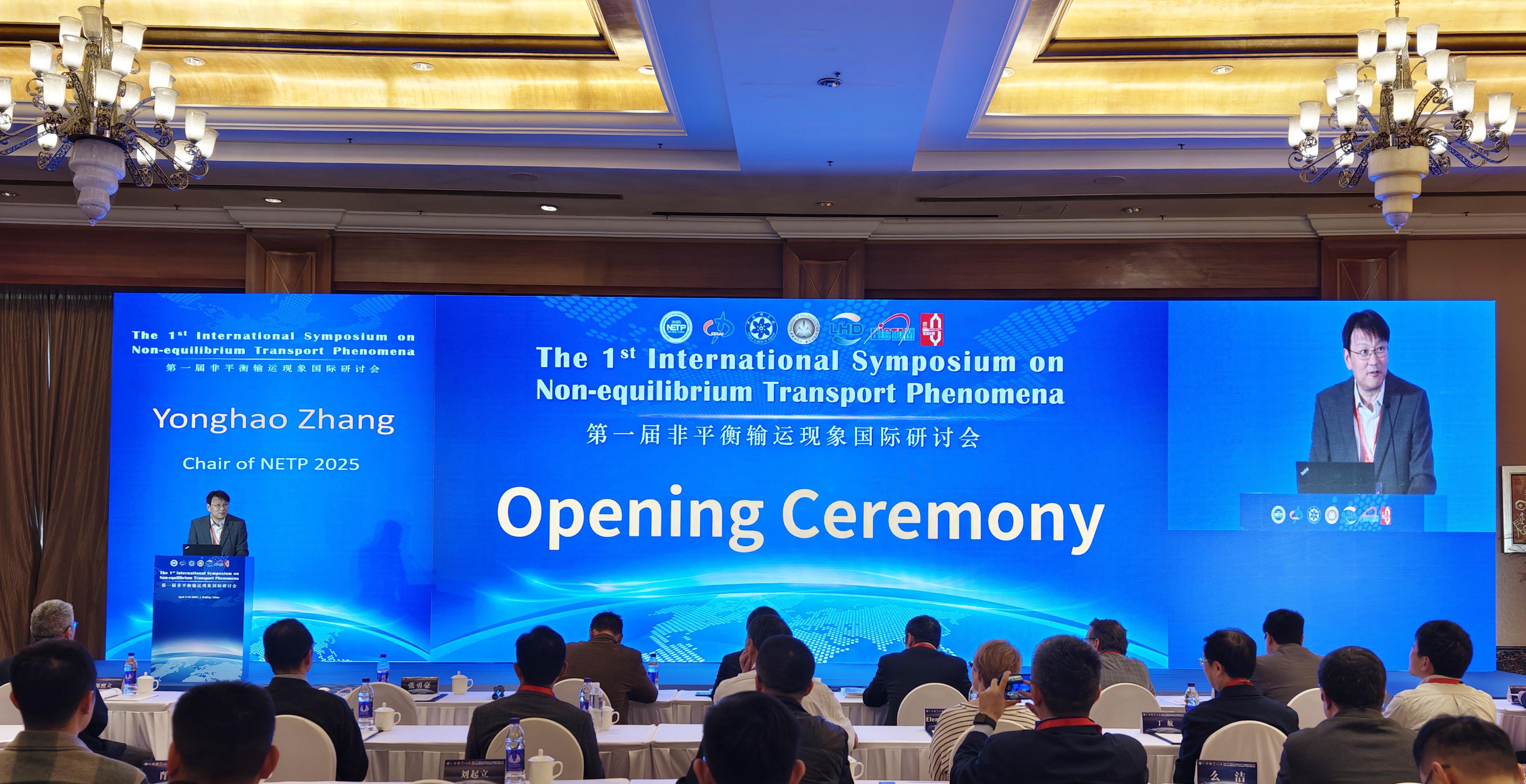China's Robotics Leads Global AI Pack

China's vision for its robotics industry in 2025 is crystal clear, and that is to solidify its position as a global leader in intelligent manufacturing and service innovation. From cutting-edge pool-cleaning robots showcased at international expos to multi-functional yard robots solving household challenges in foreign countries, Chinese robotics companies are transforming industries worldwide. This rapid expansion is underpinned by technological breakthroughs, global partnerships, and a strategic shift from exporting products to building internationally recognized brands.
Global reach feeds growing demand
Chinese robots are making their mark across continents, serving in homes, public spaces and industrial facilities. In the Middle East, Kuwait's logistics hubs rely on Chinese robots for efficient operations, while Riyadh, Saudi Arabia's capital, welcomes robots that assist tourists in Arabic. Across Europe, Chinese service robots are transforming everyday life. Estonia's Tartu University Clinic now deploys robots from Pudu Robotics to guide patients, while Serbian supermarkets rely on advanced cleaning robots from Gaussian Robotics.
Tailored solutions for local markets are driving this success. Shenzhen-based Hanyang Technology's Yarbo yard robot, for instance, addresses specific challenges like snow removal and lawn mowing in colder climates. Its robust battery, capable of operating at -45 Celsius, has made it a must-have for homeowners in states like Minnesota in the U.S. Similarly, Cloud Whale's J4 robot dominates Western markets with its innovative design to handle pet hair, offering unmatched functionality and convenience for families.
China's service robots are not only competing but often outperforming international peers due to their combination of advanced technology and affordability. According to the International Data Corporation, Chinese service robot manufacturers generated approximately 1.51 billion RMB in export revenue in 2023, with Asia-Pacific and Europe contributing over 90 percent of that figure.
This growth highlights the rising global demand for Chinese robotics and their adaptability to diverse consumer needs.
Industrial excellence and innovation
China's industrial robotics sector is equally transformative. Shenyang-based Siasun Robotics has established itself as a global player, exporting mobile and industrial robots to Japan, Thailand and the U.S. With solutions spanning logistics, assembly and welding, Siasun exemplifies China's ability to deliver complete industrial automation systems.
In Thailand, the company partnered with local firms to establish a 5G-enabled smart factory, showcasing its leadership in integrating cutting-edge technologies into industrial production.
According to the International Federation of Robotics, China exported over 118,000 industrial robots in 2023. These robots are integral to automating production lines in automotive, electronics and logistics industries worldwide, where efficiency and precision are paramount.
"Made in China" vision
Beyond exporting products, Chinese robotics firms are focusing on building globally recognized brands. Pudu Robotics' restaurant delivery robot "Bella" has become a sensation in Japan, blending functionality with cultural appeal through its cat-inspired design and localized features. Its playful appearance, coupled with its efficient service capabilities, has made it a hit among diners and a go-to choice for restaurant chains like Zensho and Saizeriya.
Similarly, Keenon Robotics actively engages in setting international standards, ensuring its products meet diverse regulatory requirements across 60 countries. This proactive approach not only positions the company as a leader in the robotics industry but also helps establish "Made in China" as a mark of quality and innovation.
Efforts to establish strong after-sales networks further bolster this transformation. Roborock, for example, has built a robust repair system in North America, offering standardized and reliable repair services. This focus on after-sales support enhances consumer trust and loyalty, a crucial factor for sustaining long-term brand growth in competitive global markets.
Government policies also play a vital role in this transition. Initiatives like the 2024 version of the industry standards and conditions for industrial robots emphasize breakthroughs in core technologies and laying a solid industrial foundation. Local incentive programs,such as Sichuan's support for developing advanced algorithms and Chongqing's robotics venture funds, further accelerate industry growth.







